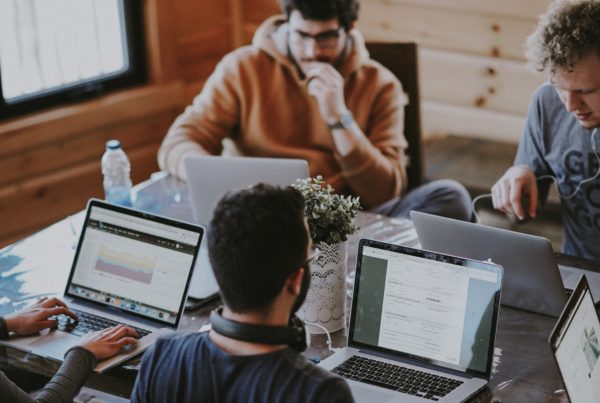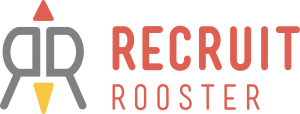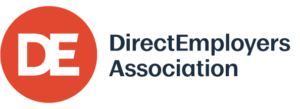We work a lot.
By “we” I mean Americans. By “work” I mean engage in the production of capital, mostly. By “a lot” I mean as individuals we put in more hours than individuals in most other developed countries (source). Sure, there are a number of people around the world who work more than do we on average, but they tend to be in countries that engage in far more manufacturing than do we or they are in countries who are arguably less developed than the US.
All that to say, whether we find meaning in work or we just work to pay the bills, as it were, we are spending a significant portion of our time producing for the economy. And that’s all well and good, provided we do so in a way that is healthy.
We are a country and a society that pride ourselves on being hard-working innovators.
The downside? Well, when we work for someone else, doing tasks that are not immediately rewarding, producing things that we rarely use, or serving people we don’t know, we risk becoming alienated from the very thing that brings us pride… our work! The more time we spend disconnected from the products of our labor, the more we generate animosity toward the labor, our employers, and the products or services themselves.
I’m talking about burnout.
We’ve all been there. Sometimes I feel like I live there! It is a natural state for many of us, to be stressed out, overworked, and out of time. Luckily, there is a solution… One that embraces our American-bred need to be productive while allowing us to reconnect to what fuels our productivity, our passions.
Get a Second Job (or Hobby)!
Yes, I just suggested that you work more in order to be less burnt out. Sounds crazy, I know…
Hear me out. My argument is that we, as Americans (though not uniquely, I’m sure) derive pleasure from producing. More to the point, we derive pleasure from producing things that we can use, feel connected to, and that provide value to those we care about. Yes, we get tired of working all of the time. Yes, we get stressed from filling all of the roles in our lives (source1, source2). Yes, we overburden our brains with a constant stream of useless information. It all adds up. BUT, might it be possible that the amount of work we engage in and the time that work takes is less of a problem than the types of work we are doing?
BUT, might it be possible that the amount of work we engage in and the time that work takes is less of a problem than the types of work we are doing?
What if we spend more time doing more things we enjoy while also doing all of the other things that we need to do to “make it.”
It could be argued that we do too much already, certainly, and that a solution is to stop doing so much. But let’s be honest, a solution that no one will use isn’t really a solution at all. Rarely are we willing or able to cut our own hours at work, neglect our children, forego our responsibilities, and just vegetate. It isn’t who we are.
On the other hand, what if we allowed ourselves to spend a few hours every week doing more work that we love. What if we engaged in part-time jobs that brought us pleasure, or passion projects that produce things we care about, or hobbies that teach and challenge us? Wouldn’t that additional work provide us a necessary lift? Wouldn’t it energize us? Wouldn’t it stave off the alienation that the rest of our work causes?
Do More, Get More
I work with an astonishingly productive and proactive group of folks. They all have hobbies that make me feel lazy and unproductive. My anecdotal, unscientific observations have me convinced that creatives, entrepreneurs, and developers tend to be among the most likely folks to have second jobs, productive hobbies, and passion for their work.
Here are just a few examples:
Tyler Poling, RocketBuild’s Director of Technical Solutions, spends a lot of time learning about and brewing beer. Sure, he likes drinking the beer, but just as important to Tyler is the process.
Colin von Grimmenstein, RocketBuild’s Development Team Lead, competes in and does extraordinarily well at Spartan Races. He enjoys the challenge, and in the process, he gets to keep himself in top physical condition.
Caleb Francis, a developer at RocketBuild, spends a great deal of time playing and producing music. He has a passion for working collaboratively on something creative.
This stuff is a lot of work, but it also provides a necessary, productive outlet that does not detract from the fine work they do… in fact, the hobbies probably augment their skills.







